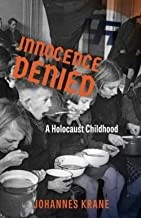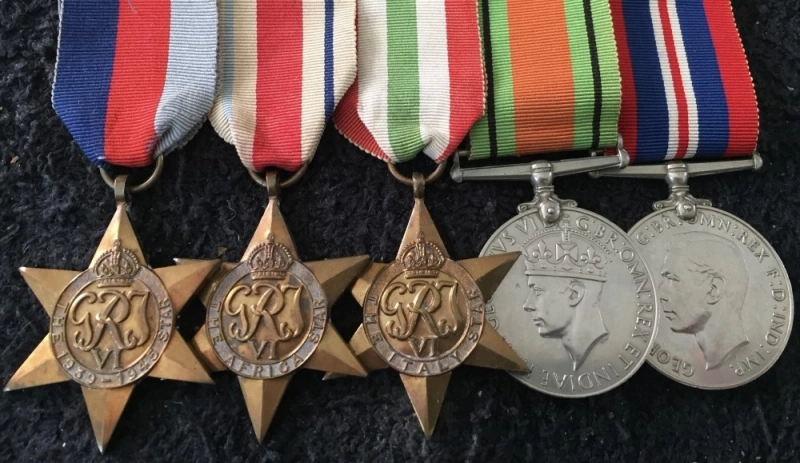Conflicts have several reasons, some of which are complicated and difficult to understand. When governments or groups of people have competing claims to territory, they can spark violent conflict or war. Wars can break out when political or ideological disagreements cannot be addressed peacefully via dialogue or diplomacy. Economic interests, such as access to resources or control of trade routes, can also propel a war. Although a battle between two nations is considered the last option in modern warfare, it was different in preceding times.
World War II was a bitter experience for millions of individuals, including war combatants: History books, memoirs, and films describe the atrocities with facts and descriptions, how influential leaders took drastic measures during war times, and what were the outcomes of those actions. War has far-reaching ramifications for civilization as a whole. Damaged infrastructure, loss of lives, widespread diseases, and other issues.
World War II had a similar impact on the masses; several nations suffered damage to infrastructure and industry. The war also resulted in political developments: The formation of the United Nations and the establishment of new international laws and standards, skilled labor was lost, and Japan was shattered to pieces after the bomb explosions in Hiroshima and Nagasaki. Nonetheless, the experiences are worth sharing with everyone. People should understand the horrors that a global war brings.
In this article, we will discover the importance of sharing individual stories from this period, using the example of a book written by a survivor of Nazi-occupied Holland, Johannes Krane.
Author Johannes Krane\'s book "Innocence Denied" narrates the story of two young boys who lived in the little town of Beverwijk in northern Holland during World War II. Their parents were deaf and dumb, and their father had a mental disability. As youngsters, they experienced horrendous tragedies at the hands of the Germans. They were forced to volte-face their strategies and survival techniques, frequently breaking the law to secure the survival of their families. Innocence Denied is a book that offers a unique viewpoint on the Nazi occupation of Holland by an experienced individual. It emphasizes the difficulties people face in harsh winters and trying circumstances.
To make ends meet, a family tried to smuggle and embezzle goods from the govt. supplies, the consequences of which were death or life imprisonment. The family continued their endeavor and used their wits and skills to manage the bargains. On the whole, this memoir is a riveting and tragic portrayal of the terrible impact of war on individuals and families and the sacrifices made for each other.
The Importance of Sharing Stories to the Readers
It is important to remember that a story adds to the collective memory of the period. By sharing such accounts, individuals can gain a deeper understanding of the impact of war on individuals and communities. Furthermore, these narratives ensure that the lessons of the past are not forgotten. These stories also help counter war myths and relate actual experiences.
About the Book “Innocence Denied – A Holocaust Childhood”
Books that share personal experiences and stories of survival during difficult times have been popular among readers. Such books provide a glimpse into a world that people may never experience. One such book is Innocence Denied by Johannes Krane.
 The tome depicts the horrors of World War 2 in an inspirational way. A family of four individuals lives to tell the tale of the atrocities the Nazis carried out in broad daylight against the masses, especially Jews. Johannes Krane, the real-life example of the war, managed his family with his elder brother and mother. The book, Innocence Denied is based on a collection of diary entries, newspaper clippings, and voice recordings that the author saved over the years.
The tome depicts the horrors of World War 2 in an inspirational way. A family of four individuals lives to tell the tale of the atrocities the Nazis carried out in broad daylight against the masses, especially Jews. Johannes Krane, the real-life example of the war, managed his family with his elder brother and mother. The book, Innocence Denied is based on a collection of diary entries, newspaper clippings, and voice recordings that the author saved over the years.
Innocence Denied is a compelling book that takes readers through a journey of four individuals who face adversity with a strong will. The book offers a fresh take on historical events and human experiences. It serves as a reminder of the human spirit\'s tenacity and the value of hope and endurance during tough times.
The author assures that experiences are always remembered by people if told properly. The book showcases the strength and fortitude of individuals who survived misfortune and deprivation. In addition, it demonstrates that Hope is the ultimate source of life in the darkest circumstances.
About the Author, Johannes Krane
 1944-45 was a time of unspeakable suffering for several Dutch citizens under Nazi occupation. But the challenges were even worse. A 10-year-old Johannes Krane and his older brother Dick were the victims of such circumstances.
1944-45 was a time of unspeakable suffering for several Dutch citizens under Nazi occupation. But the challenges were even worse. A 10-year-old Johannes Krane and his older brother Dick were the victims of such circumstances.
Their parents were deaf and dumb, which added to their efforts for survival. However, their mother could manage chores at home or other places. During the war, the family was forced to retort to famine and hunger by stealing and working with black marketers.
In his book, "Innocence Denied," Krane recounts his haunting experiences during tough winters and famine. He relates the desperate measures that helped him save his family. Although he became a successful businessman in Silicon Valley, the scars of war remain with him till now.
Innocence Denied is a must-read for those interested in history, personal memoirs, or survival stories. It is a powerful and emotional homage to people who suffered a tough period. More so, their experiences should never be forgotten.
Purchase your Copy Today!


